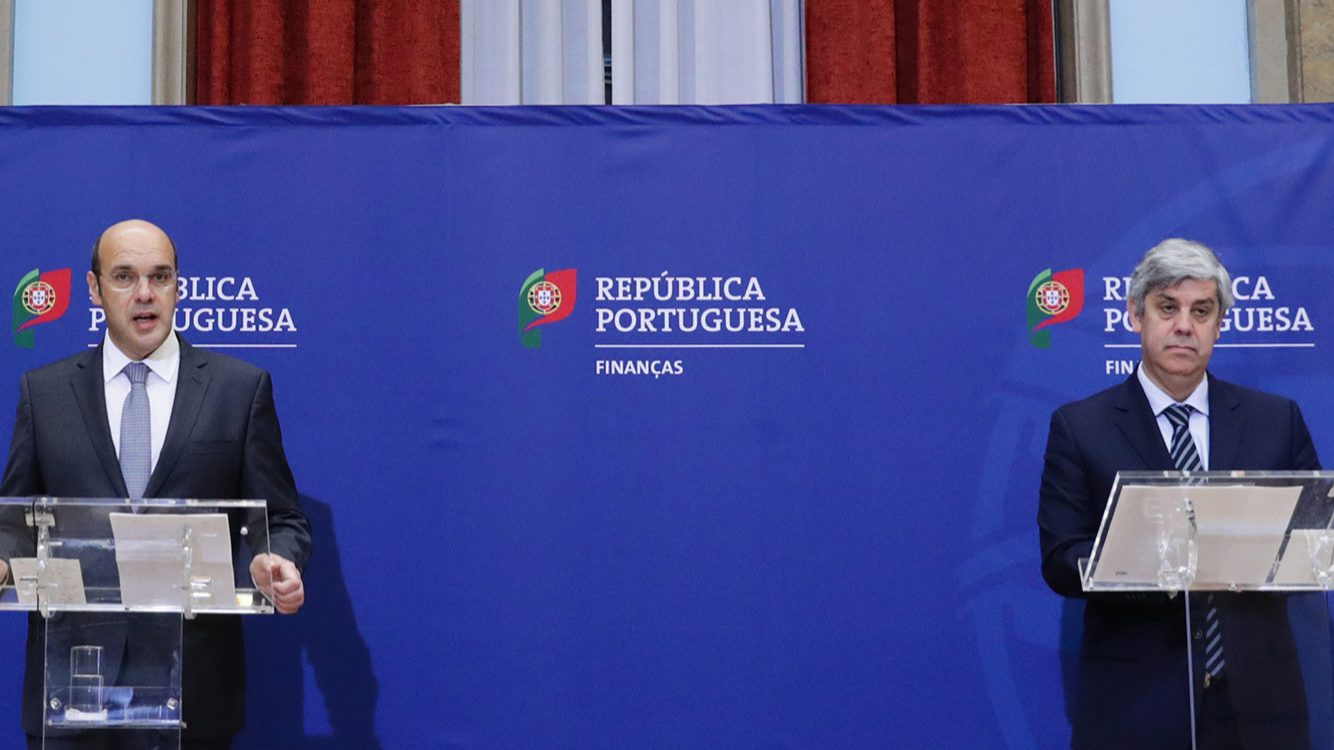Government has already notified the European Commission for new credit lines
Notification delivered in Brussels is for the launch of new credit lines up to a maximum amount of 7 billion euros. Trade and services, but also industry, will be the priority sectors.
The Portuguese Government notified the European Commission to launch extra credit lines this Monday. The Minister of Economy revealed at the TSF Forum that seven billion euros will be made available. Trade and services, but also some industrial sectors will be the priority, he said.
This additional set of credit lines are based on the three billion euro line that has already been announced, but which is not yet available. This line has an associated cost of 3%, because companies will have to bear a spread of 1% to 1.5%, even if the interest rate is negative (normally Euribor six months -0.3%), plus a mutual guarantee commission of up to 1%, to which is added a commission for handling the case of 0.5% that the bank can charge.
“Yesterday we notified the European Commission in order to approve extra credit lines” Pedro Siza Vieira said. “The notification we made was for seven billion euros,” added the Minister of Economy.
But these credit lines “may not all be launched at once,” the minister warned. “there are some areas where it will be more important to move forward,” he acknowledged, giving as an example “the trade and services sector, very affected by the closure determined by the State of Emergency decree and several industrial sectors to which it is necessary to respond.”
ECO knows that during the negotiations with the European Commission to launch this new package of measures, the Portuguese Government has already listed several sectors: manufacture of machinery and equipment, metalworking, automotive production, paper manufacturing or even wholesale of household goods. But the changes throughout the process, and the duration of it, may have to do with the fact that the Executive chose to negotiate with Brussels on which strategic sectors, unlike other member states that only delivered very general notifications. The Directorate-General for Competition is known for its toughness and intransigence in State aid matters.
As Siza Vieira explained in TSF, “any support that the Government gives to a company is considered as State aid, which is prohibited by the Treaty, unless it is approved. That’s the case”, in relation to the support that Governments are giving to companies in the fight against the effects of Covid-19 on the economy.
Portugal has already been confronted with the “intransigence” of Brussels in these credit line negotiations. The Minister of Economy reported that the Commission had not allowed the lines to be exempt from a guarantee commission. “We proposed that the guarantees given by the State to these companies should be exempt from commission. The EC believes that this should not be the case and in its framework of all state support it has said that commissions must be levied and set a minimum amount. Although the Government does not want to collect these commissions, the European Commission imposed them,” he said.
But this was not the only obstacle that the Commission created, ECO knows. Portugal wanted the guarantees to be 100%, but Brussels lowered the threshold to 80%; it wanted interest to be subsidised, but Brussels did not allow this in view of the existence of a State guarantee and also did not allow the banks not to pay commissions, since they are already taking smaller risks. In Brussels’ view, Portugal would be benefiting the banks too much.
Even so, Siza Vieira does not give up and said that Portugal “will try to improve things”. “The important thing is to get liquidity to companies”, he reiterates, pointing out that companies cannot have debts to the tax authorities or the social security authorities to access these lines. “But we recognize that March was very difficult and some companies may have already defaulted in March”. Therefore, “they will be able to access the lines as long as they regularize their situation”, he assured. But the Minister of Economy left another warning: “This measure is to support viable companies that may be affected by an exceptional market circumstance.


